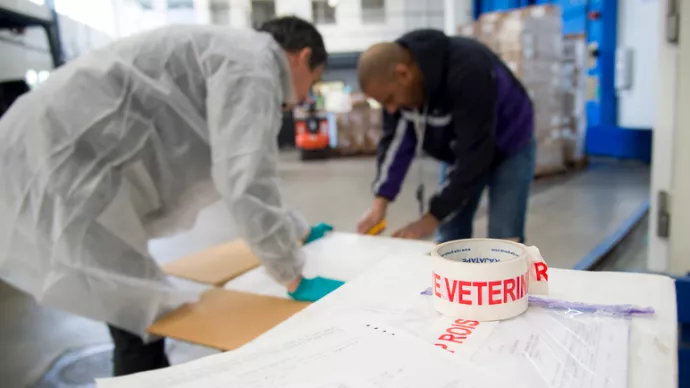
Do SPS border control apply to me?
Partager la page
If you import live animals, products of animal origin, animal feed or plants from third countries outside the European Union, then these checks may apply to you.
Live animals
All commercial imports of live animals from third countries outside the European Union are subject to checks at border control posts.
Pet animals (dogs, cats, ferrets, companion birds (other than poultry) rodents, rabbits, amphibians, invertebrates, reptiles, fish) travelling with their owners may be exempted from this requirement.
- The following are exempted from checks at border control posts:
- Animals on the above list travelling with their owners if there are fewer than six animals.
- Domestic carnivores fewer than five in number, participating in and registered for competitions, exhibitions, sporting events or training leading up to such events.
These animals are inspected on arrival in EU territory by customs officers at all passenger entry points.
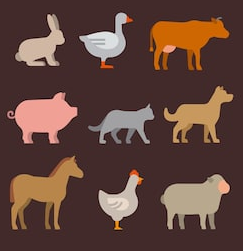
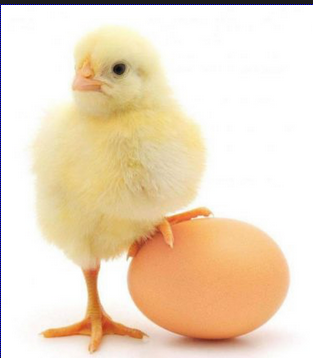
Please note: This section also applies to hatching eggs
To find out more on health-related conditions for importing pet animals, click on this link:
Products of animal origin intended for human consumption
All products of animal origin arriving from third countries are subject to health checks at border control posts.
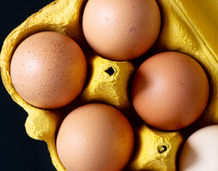
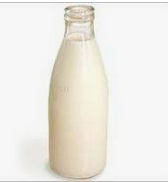
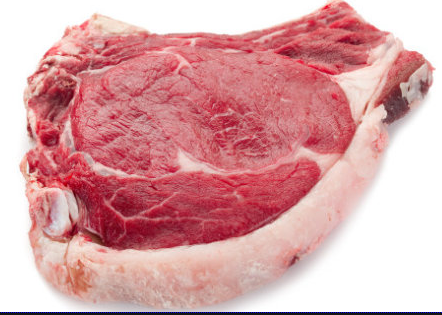
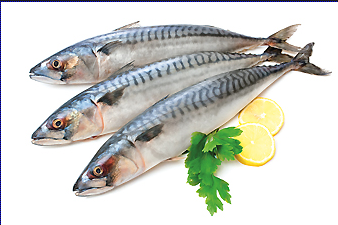
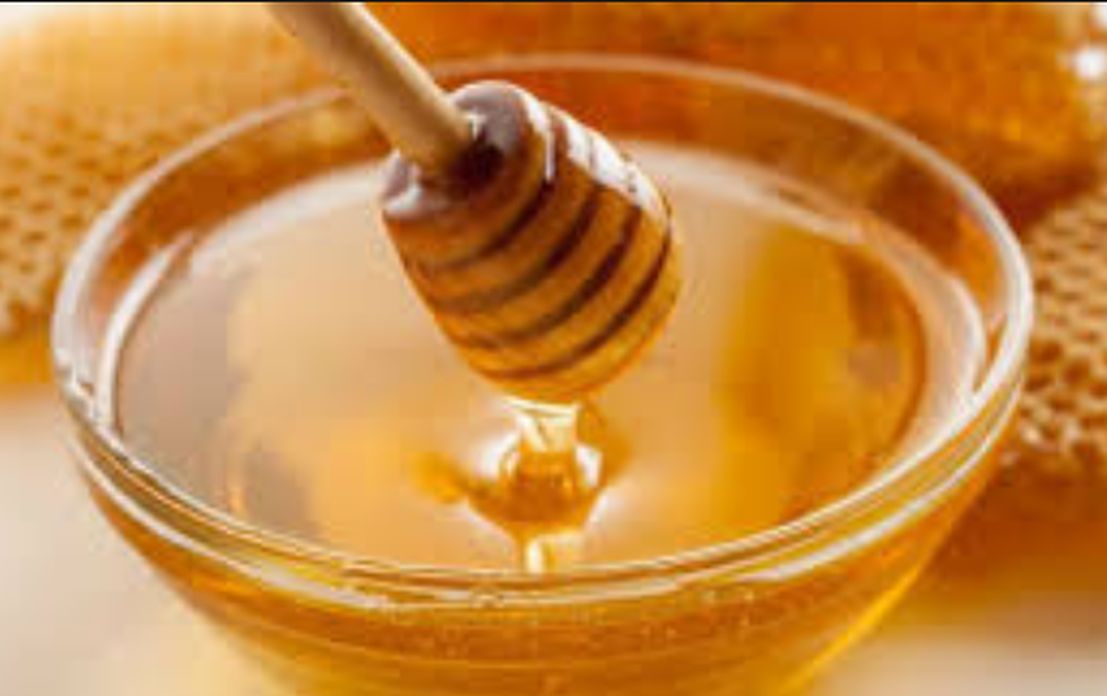
Nevertheless, there are allowances for certain products of animal origin if carried in small quantities in travellers’ baggage. To find out about those allowances, click on this link:
Products of animal origin not intended for human consumption (including pet food)
All products of animal origin not intended for human consumption are subject to health checks at border control posts.
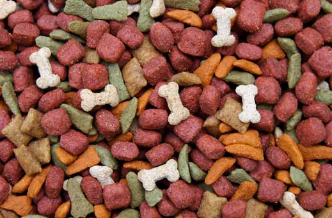
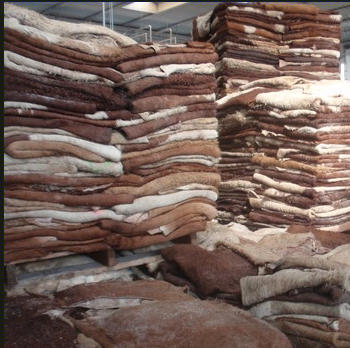
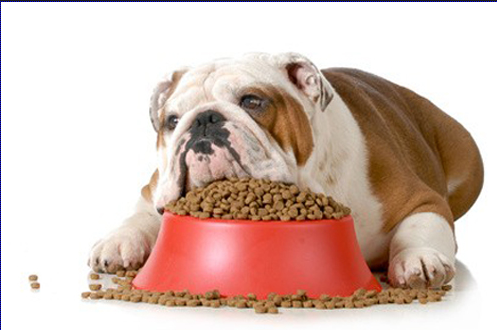
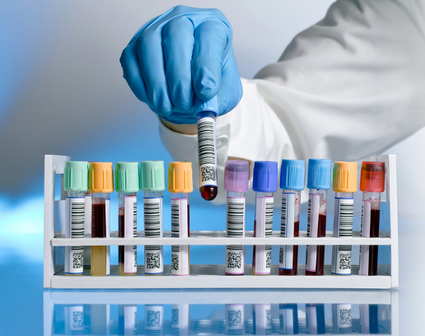
Animal feedstuffs of non-animal origin
All products of non-animal origin intended for use as animal feed are subject to border health checks at the designated point of entry.
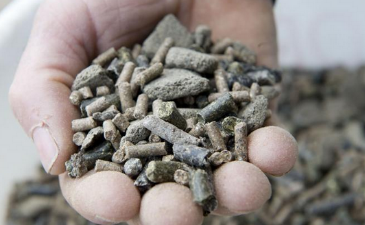
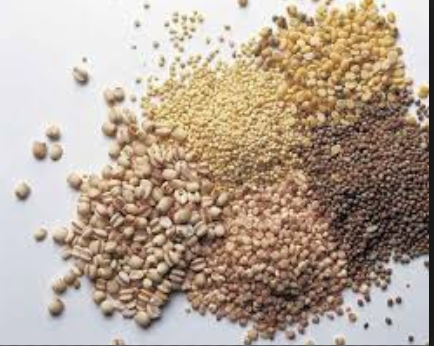
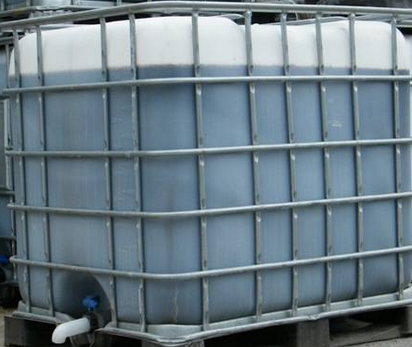
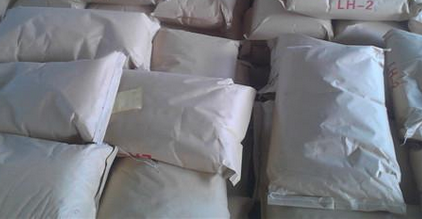
You can find information on the health-related conditions applicable to imports of these products at the following link:
Plant products
Phytosanitary border controls apply only to certain plants and plant products from third countries (controls relating to plant health). These checks are carried out at the Community Point of Entry by SIVEP. Border controls on plants relating to consumer health (e.g. pesticide testing) are carried out by staff from DGCCRF (French General Directorate for Competition Policy, Consumer Affairs and Fraud Control).
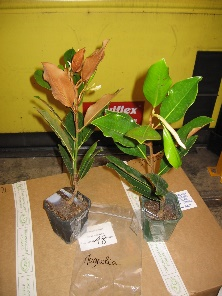
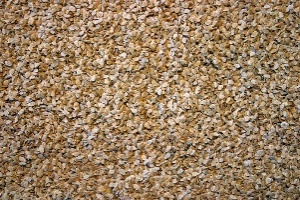
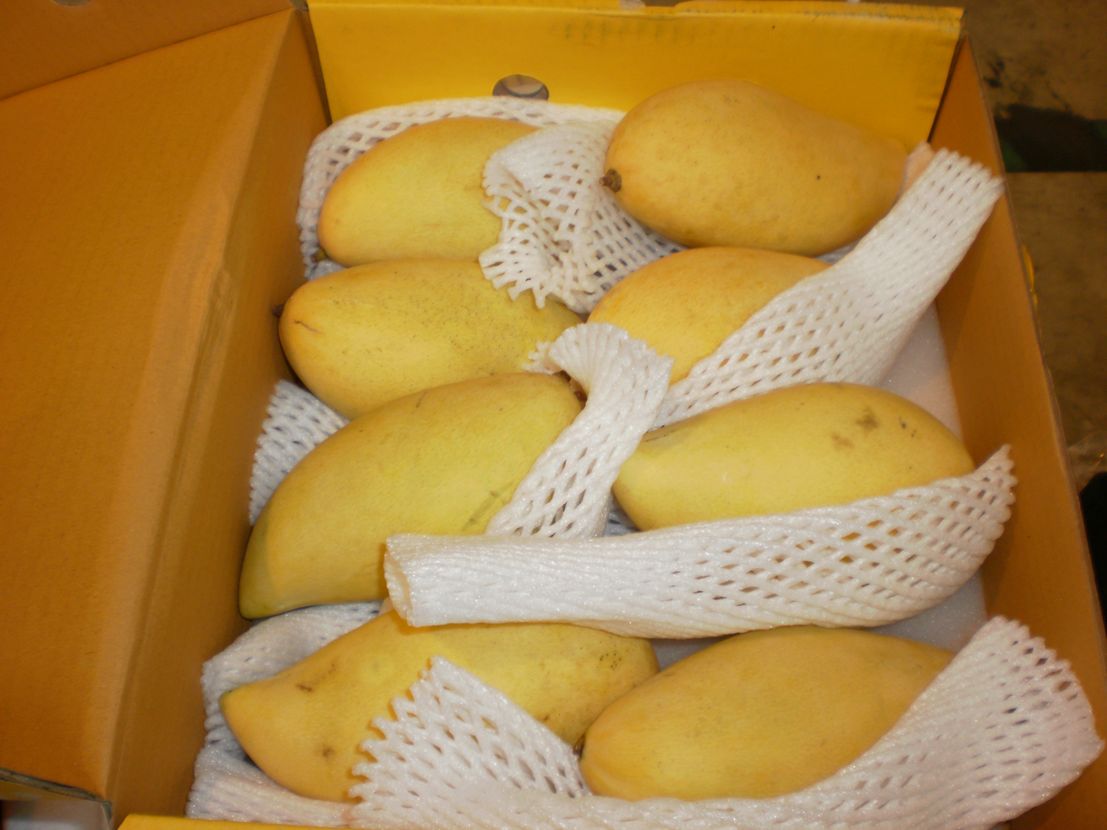
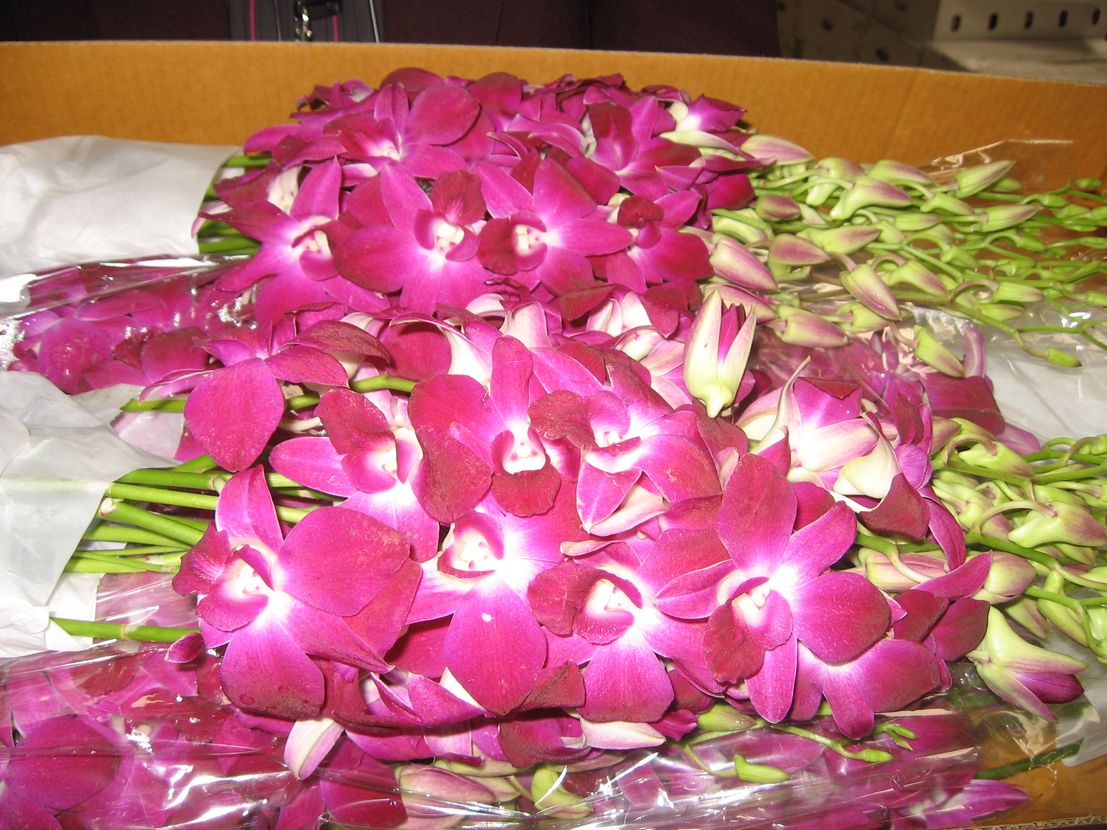
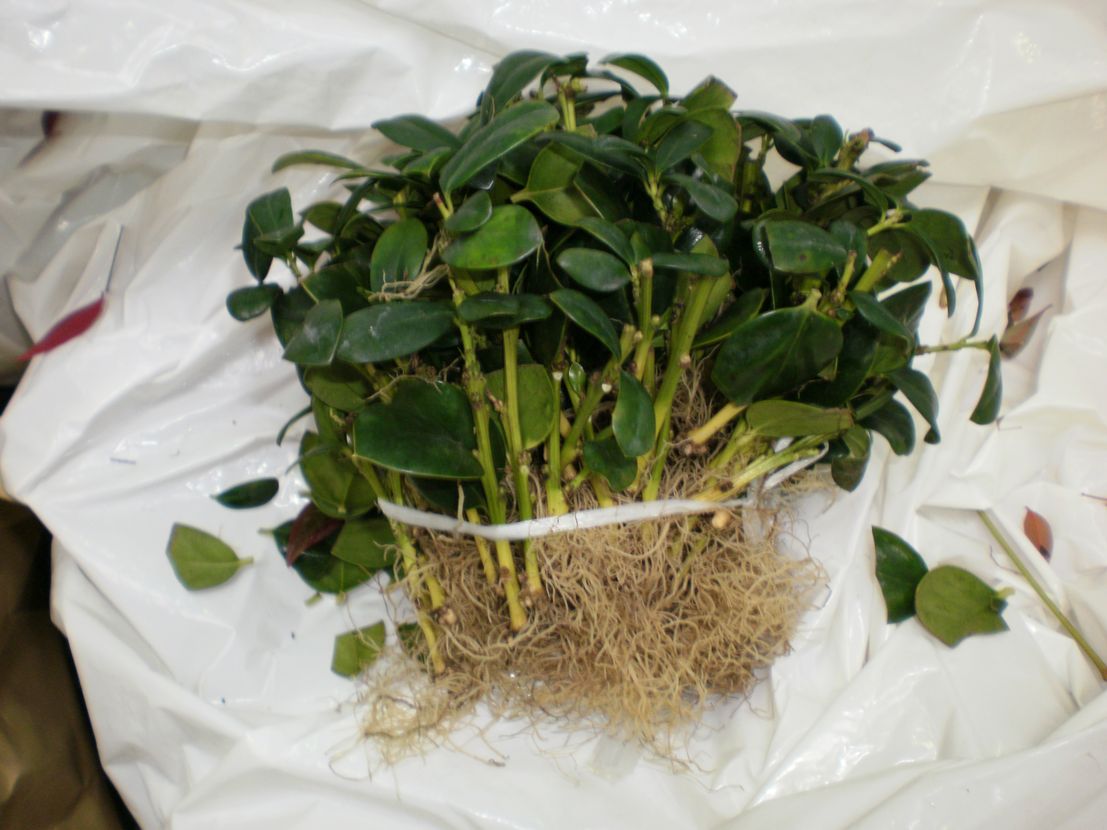
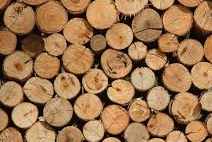
There are allowances for phytosanitary checks for certain plants carried in small quantities in personal baggage. To find out about those allowances, click on this link:
In general, virtually all categories of plant and plant product are potentially subject to phytosanitary checks, most notably:
- Seeds,
- Wood,
- Fresh cut flowers,
- Rooted plants intended for planting,
- Fruit (notably Citrus, Solanum, etc.),
- Rooted seedlings,
- Cuttings.
In order to determine the conditions that apply to your imports of plants or plant products, it is useful to refer to the annexes of Council directive 2000/29/EC of 8 May 2000 on protective measures against the introduction into the Community of organisms harmful to plants or plant products and against their spread within the Community.
Begin by verifying that your goods are not prohibited for import into the European Union, referring for this to Annex III of the directive.
If importing your goods is not prohibited, you should verify whether you need to obtain a phytosanitary certificate from the competent authorities in the third country of origin, referring for this to Annex VB.
NB: Important – from 14 December 2019, regulation (EU) 625/2017 on ensuring the application of food and feed law, rules on animal health and welfare, plant health and plant protection products, and regulation (EU) 2016/2031 on protective measures against pests of plants will need to be taken into consideration for your future imports.
Voir aussi
Why carry out SPS border controls?
14 octobre 2019Sécurité sanitaire des aliments
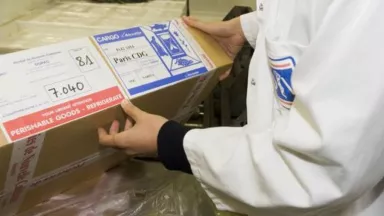
Where are SPS border controls carried out?
14 octobre 2019Sécurité sanitaire des aliments
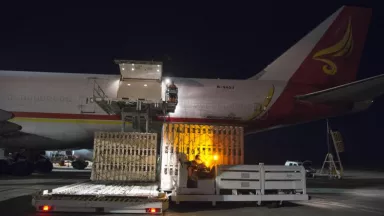
How are SPS border controls carried out?
14 octobre 2019Sécurité sanitaire des aliments
